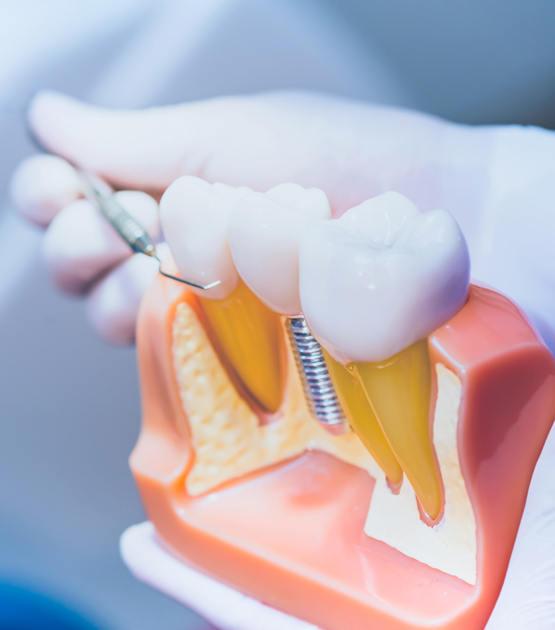How To Place Dental Implant Abutments And Make Your Prosthesis

Does your dentist know how to place German dental implant abutments? If you have one or more missing teeth then your dentist may advise you to install dental implants. Dental implants are artificial teeth roots. The implant fuses with your jawbone to provide a secure platform for a prosthesis (artificial tooth). Abutments connect the prosthesis to the dental implant. A prosthesis and an abutment may be needed as part of your treatment.
What you need to know about abutments
Before we proceed, it is important to know what abutments are and understand them. healing abutments help gum tissues to heal around the dental implant site. After the gum has healed, abutments are placed so as the prosthesis can be joined securely with the implant. Dental abutments can be placed during the first stage of the surgery at the same time as the dental implant or they can be placed during the second surgery after the dental implant has been placed.
Tips for placing abutments
It is important to place abutments correctly for the best results. Here are some tips for placing abutments.
Exposing the dental implant
If your abutments are placed in the second surgery, a small incision will be made in the gum tissue first.
Placing healing abutments
A healing abutment is often temporarily secured to the dental implant in many cases.
Placing final abutments
After the gums have healed safely, the final abutment is then placed after taking an impression.
After abutments are placed
When the right German dental implant supplies and the right techniques are used, it can take between four and six weeks for gums to properly heal around the abutments. It is important to follow the advice from your surgeon during this time. Your surgeon will advise you on the right kinds of foods to eat and foods to avoid. Your surgeon will also give you instructions on how to clean around the abutments. You need to clean correctly to promote healing and prevent infection.
When to call your dentist
You should call your dentist or surgeon if the bleeding won’t stop, you feel pain in the mouth, jaws or sinuses that is not relieved by the prescribed medication. You should also call a doctor if the abutment feels loose and if you experience a fever over 38 degrees.
Making your prosthesis
Your dentist should wait until your gums heal around the abutment before he/she begins your permanent prosthesis. You may need to make several office visits to make a precise model of your mouth. It may take a few weeks or months to make your prosthesis.
Fitting your prosthesis
When the prosthesis is ready, you will have several fittings to see how it feels in the mouth. This process may take longer with a fixed prosthesis. After any necessary adjustments are made, the prosthesis is then attached to your abutments. Your doctor may tell you to avoid eating crunchy or hard foods for a few weeks after attaching the prosthesis. After attaching German dental implant abutments, you should call your dentist if you experience pain in jaws, abutments feel loose, your bites feel wrong and prosthesis breaks or feels loose.







